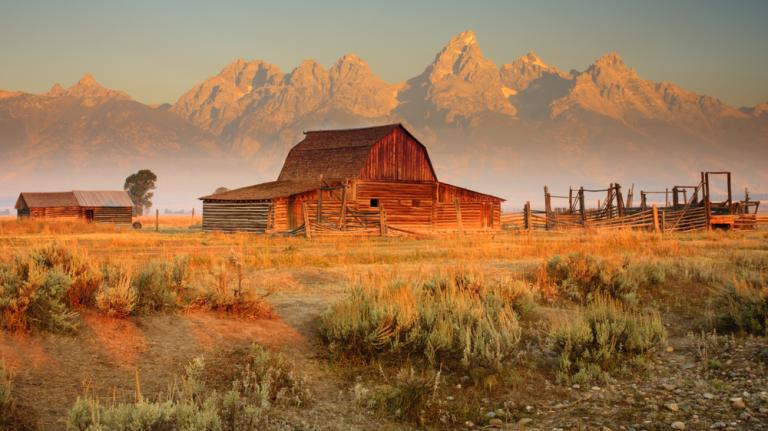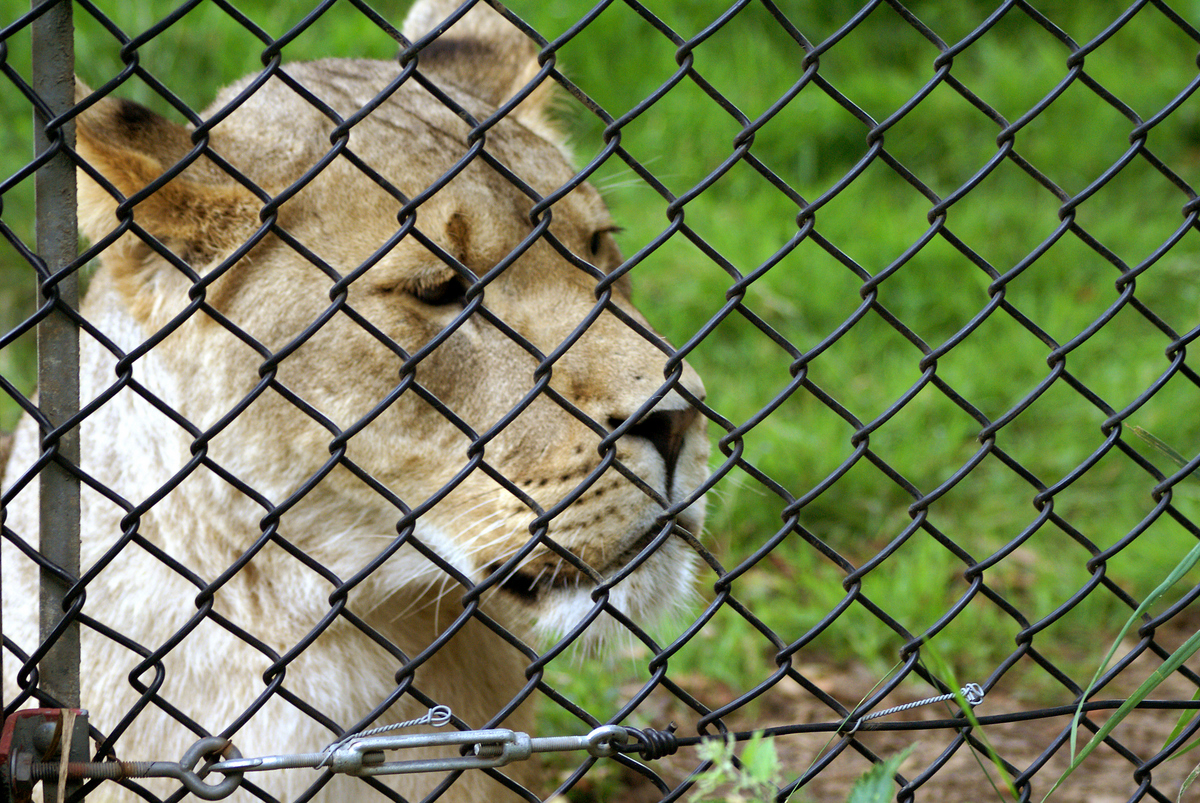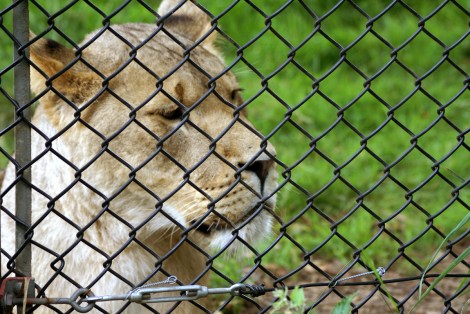Lions are beautiful creatures — if you’re looking at them through binoculars or with a strong fence between the two of you. Up close, without a fence, they’re terrifying. They could eat you. Which tends to make people want to shoot them. And so while it’s romantic and all to think about lions roaming free, the reality is that lions that are not roaming free — that are living in fenced-in reserves — are doing better than the ones who can wander wherever they want.
That’s what a rather large group of scientists concluded in a new paper. And for some of those scientists, this leads to an obvious conclusion: We should put up fences between us and the lions. The New York Times reports:
Dr. Packer’s goal is to save lions. Fencing them in, away from people and livestock, is the best way to do that, he believes, both for conservation and economics. He made that argument in a paper this month in Ecology Letters, along with 57 co-authors, including most of the top lion scientists and conservationists.
Not all of those scientists would go so far though:
The paper lays out the value of fences in clear terms, although it stops short of endorsing fencing as the only sensible option. That is Dr. Packer’s own view. With a growing human population whose rights must be respected, he says, open and free co-existence with lions is not practical, nor is it fair to the humans who have to live with the big cats.
Also, it’s cheaper: Saving lions costs about $4,000 for every square mile without fencing or $1,000 with fencing. Given that there’s never enough money for this type of project, the cheaper option might simply be the best one — especially if it keeps lions alive and far away from us humans.





